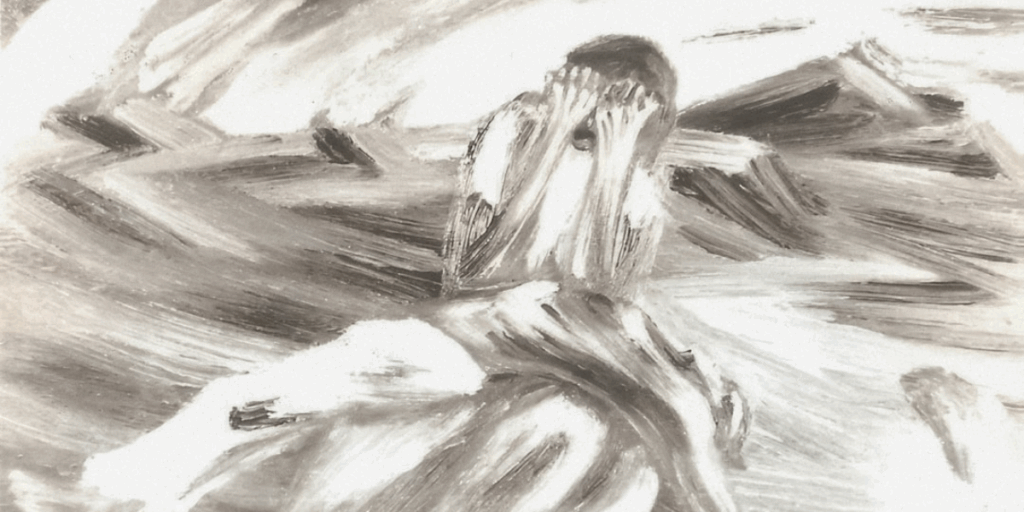When despair is a weapon, you need tools to fight back.

The rapid-fire assaults on our rights and freedoms are part of a shock-and-awe campaign designed to fuel despair. When the totality of destruction seems too much to shoulder, too much to fight back against, when feelings of helplessness swell, the human psyche is given to despair. To a sense of hopelessness, of futility.
And that’s when battles turn.
That’s when nations, or movements, or even individuals surrender.
We instinctually curl inward to protect our mental health, knowing, subconsciously, that we must to psychologically survive. There’s a weighing of costs, and continuation under apparently decreasing odds fails to meet it.
It’s a psychological form of amputation, of isolating and cutting off the part that has lost hope so the remaining body can continue, so that the gangrene of hopelessness does not spread to the entire self and lead to depression – an often life-threatening condition characterized by loss of all hope in all spheres. When we despair of a situation and turn from it, it is a subconscious act of self-preservation.
And that’s also how they win.
So how do we protect against despair?
When despair is the weapon, you need tools to fight back. Here are four to put in your arsenal for now, if despair has crept in already, or for later, should its shadow loom.
- Practice acceptance. Not endorsement, nor validation of the evils we observe, but simple acceptance that what is, is. Acceptance doesn’t make the wrong okay, but it makes it a manageable versus an unbearable pain. Acceptance is breathing through discomfort and pain, versus clenching and resisting reality. Just as with physical injury, when we guard the hurt part, we gather more pain around it.
- Take action. This may be a small, personal act, an act that is part of a larger organized effort, or a significant action. The important thing here is to get psychologically un-stuck. Examples might include:
- A personal act of agency: after watching our president side with the aggressor against our ally, I went outdoors and pruned an overgrown tree. It felt good to be productively destructive, to make changes that will bring greater flourishing, to exert some control in this tiny corner of my world.
- A small act that is part of an organized effort: I also participated on this same day in the national purchasing strike, and I write to my congressional representative a couple times each week.
- A significant action: organizing a protest, or…? (please add ideas in the comments, and read what others share!)
- Connect with others who feel the same outrage or fear or sorrow but who still have fire in them, and let them lead. Despair can lead to estrangement from others; don’t let it rob you of life-giving connection. Despair grows in darkness and isolation, but evaporates in community. Because while you may be one, each one together becomes a powerful force. Because burdens are lighter when shared. Because even the impossible becomes possible to endure when you don’t face it alone – whether that impossible thing is bereavement, disaster recovery, job loss, or the loss of your nation’s democracy.
- Read stories of hope and inspiration: nations who have overcome, our own history of triumphs for justice and freedom, brave leaders and change-makers and freedom-fighters, both past and present, here and abroad.
Despair is never chosen, but we can fight back against it. Despair is rare when burdens are shared; so never forget that you are not alone in your feelings of shock, overwhelm, discouragement, anger, or grief. We will not let them wield the weapon of despair against us; we will not surrender. Not as long as we have one another.
